
China
19:09, 28-Jun-2017
A day in the life of an elderly Hong Konger
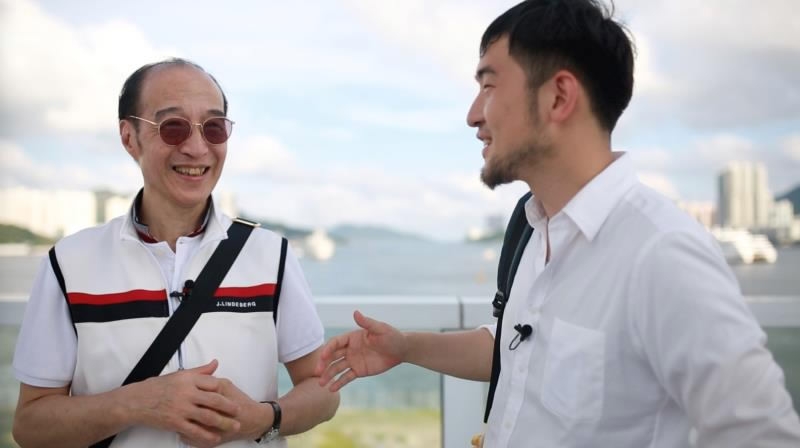
A different world
For decades, Hong Kong was a place more familiar to the outside world than the country it belongs to.
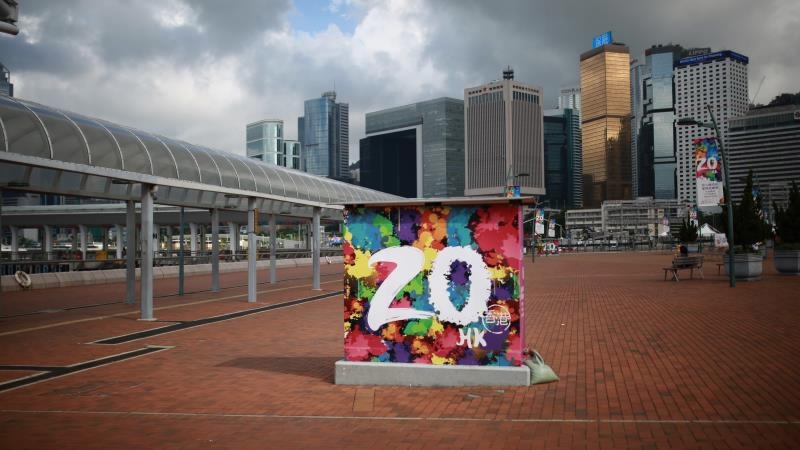
CGTN Photo
CGTN Photo
The city’s history, lifestyle and vastly successful entertainment industry made Hong Kong an intriguing place for mainland visitors, whose access was strictly restricted before July 1, 1997.
As Hong Kong prepares to celebrate 20 years since its return to China, CGTN spent a day with Simon Yiu, a Hong Konger in his 70s, visiting some of the city’s most famous landmarks and hearing his stories about how Hong Kong has changed over the past few decades.
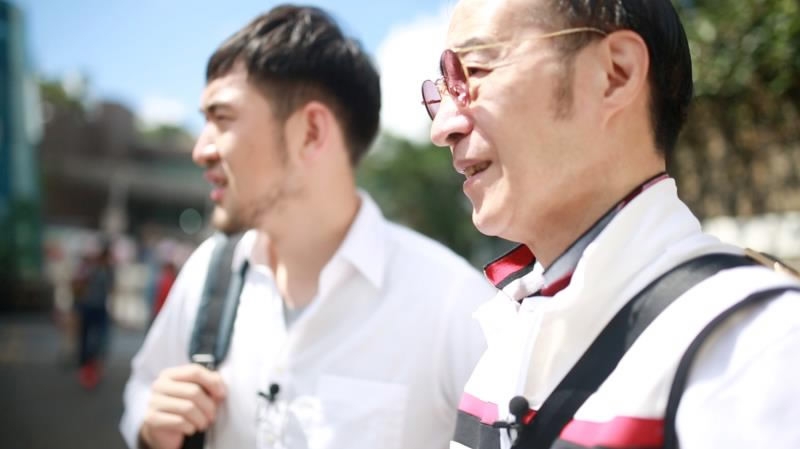
CGTN Photo
CGTN Photo
Yiu arrived in the 1960's and was one of the few mainlanders able to stay in Hong Kong. “I was less than 20 years old when I first came here, back then it just felt like two different worlds,” he told CGTN on Hong Kong’s landmark Victoria Peak mountain, looking down on one of the world’s most famous skylines.
He recalls how he went to a local café for the first time in the 1960's and was surprised that packets of sugar were free to take. “How is that possible!” he thought. At the time, most Chinese families on the mainland were struggling with famine and poverty.
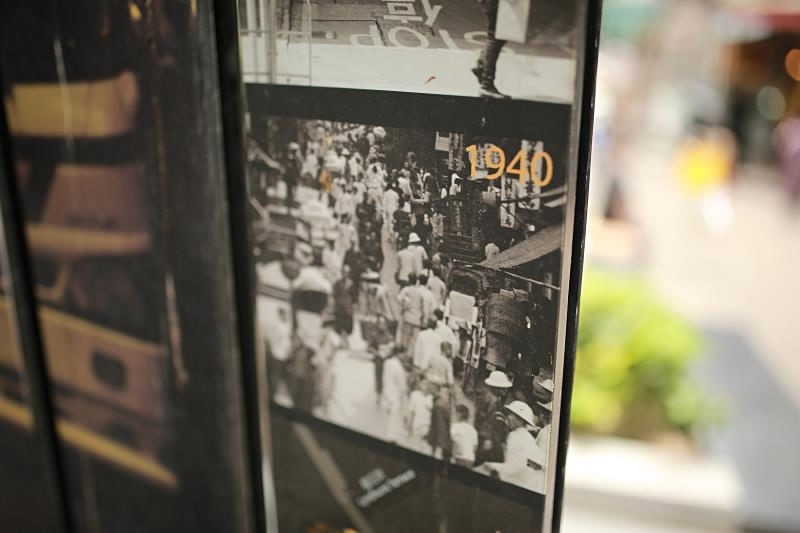
CGTN Photo
CGTN Photo
Yiu found a job in a relative’s factory, and later started his own export business. Now he owns a small garment shop with his wife, and works as an administrator at a residential building near Happy Valley.
Missing Hong Kong ingredients
Hong Kong in the 1970's was a glittering time – the stock market was booming and Hong Kong soon became one of Asia’s economic powerhouses.
Shark’s fin with rice, a popular new dish in the 1970's, was proof of the city’s rising prosperity: a luxury dish at the time that was nevertheless widely available, and later even became a common phrase to refer to that period. It was not all rosy however, Yiu remembers.
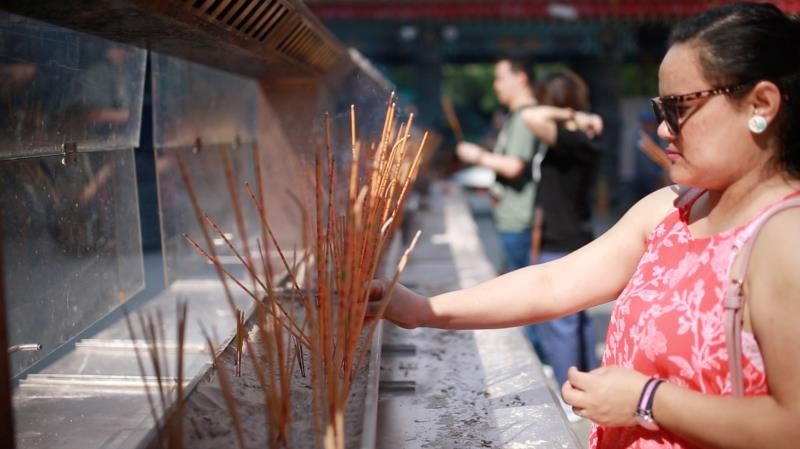
CGTN Photo
CGTN Photo
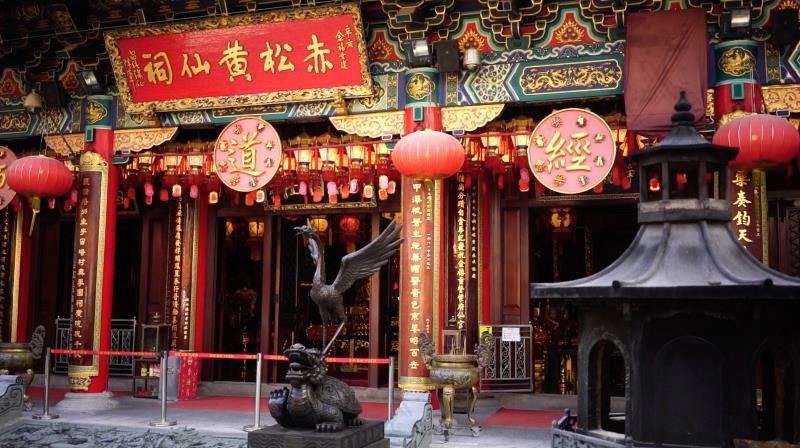
CGTN Photo
CGTN Photo
“It was all just bubbles – but making a fortune was indeed easier during that time, there were plenty of jobs, and it seemed everyone could get something out of the stock market,” he said.
Yiu is a man of nostalgia. He took CGTN to Wong Tai Sin, a famous Daoist temple where locals go to worship and offer incense. Although he has been a Christian for more than a decade, he says he used to pray for good fortune at Wong Tai Sin before changing his faith. “People in Hong Kong are free to choose their own belief,” he said.
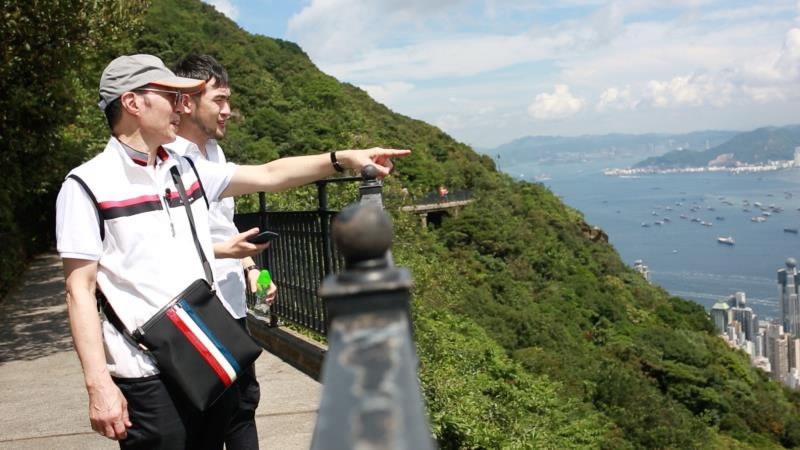
CGTN Photo
CGTN Photo
The tour concluded in the afternoon at Kai Tak Cruise Terminal. This used to be Hong Kong’s busy international airport - planes famously had to almost graze rooftops on their descent - but now the place looks spacious and quiet, like a small oasis in the vast urban desert.
“What I really miss about Hong Kong’s ‘good old days’ is the closeness of human touch. Now there is too much information around us, and everyone has become so savvy. I am out of time!” Yiu nevertheless uses WeChat perfectly, the most popular chatting app on the mainland, something many young people in Hong Kong don’t do.
The voice of the Hong Kong people
Surprisingly, although he was reluctant to agree to an interview in the first place, Yiu was keen to share his views on serious and even political issues.
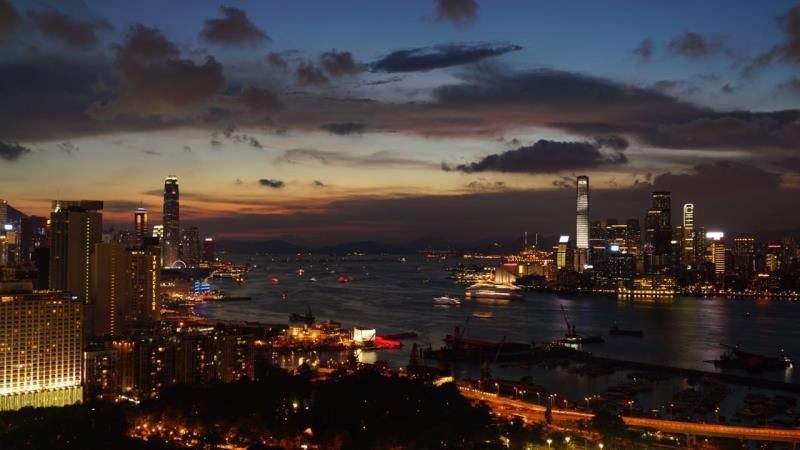
CGTN Photo
CGTN Photo
“I still love Hong Kong… after all these years. It is a lovely city with a lot of my own memories.”
“Hong Kong people are firstly Chinese people - that’s something we all agree on. As for the ‘frictions’ between people from Hong Kong and the mainland… I think it is because of the different way of life and habits, as a lot more mainlanders have come to Hong Kong in recent years. We might feel differently about each other’s lifestyles, but there is absolutely no hatred between people of a same country, don’t you think?”
He added that he hoped Hong Kong’s leaders can “listen to the voices of the Hong Kong people” and “uphold the rule of law”.
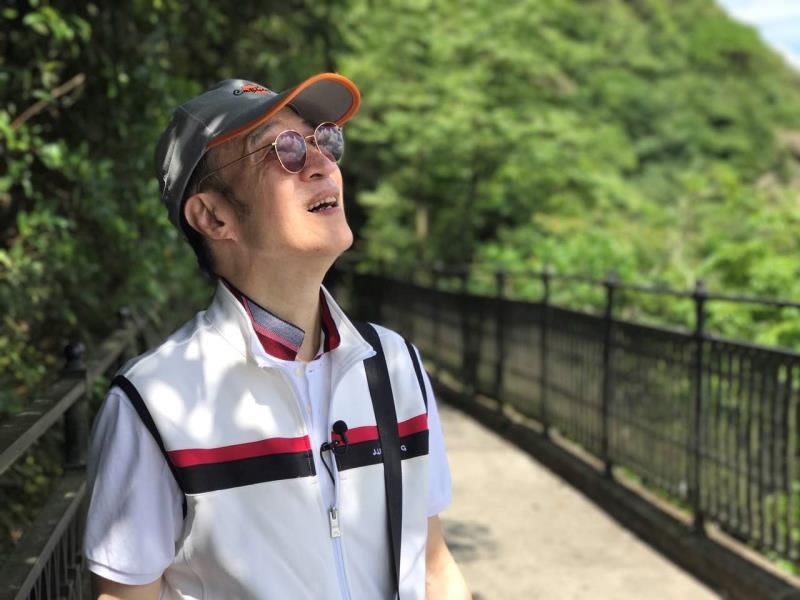
CGTN Photo
CGTN Photo
“I don’t believe there’s such a thing as ‘Hong Kong independence’… it’s just groundless, and some people say it only out of frustration,” he noted.
Hong Kong’s next chief executive, Carrie Lam, will have a lot of work to do, to give more confidence to the city’s next generation, Yiu added.
“The chief executive should balance the interests between different parties and social classes, which is not an easy task. The people of Hong Kong will have a much different view on things if society can be more harmonious, and that means more shelters and improved living conditions.”

SITEMAP
Copyright © 2018 CGTN. Beijing ICP prepared NO.16065310-3
Copyright © 2018 CGTN. Beijing ICP prepared NO.16065310-3